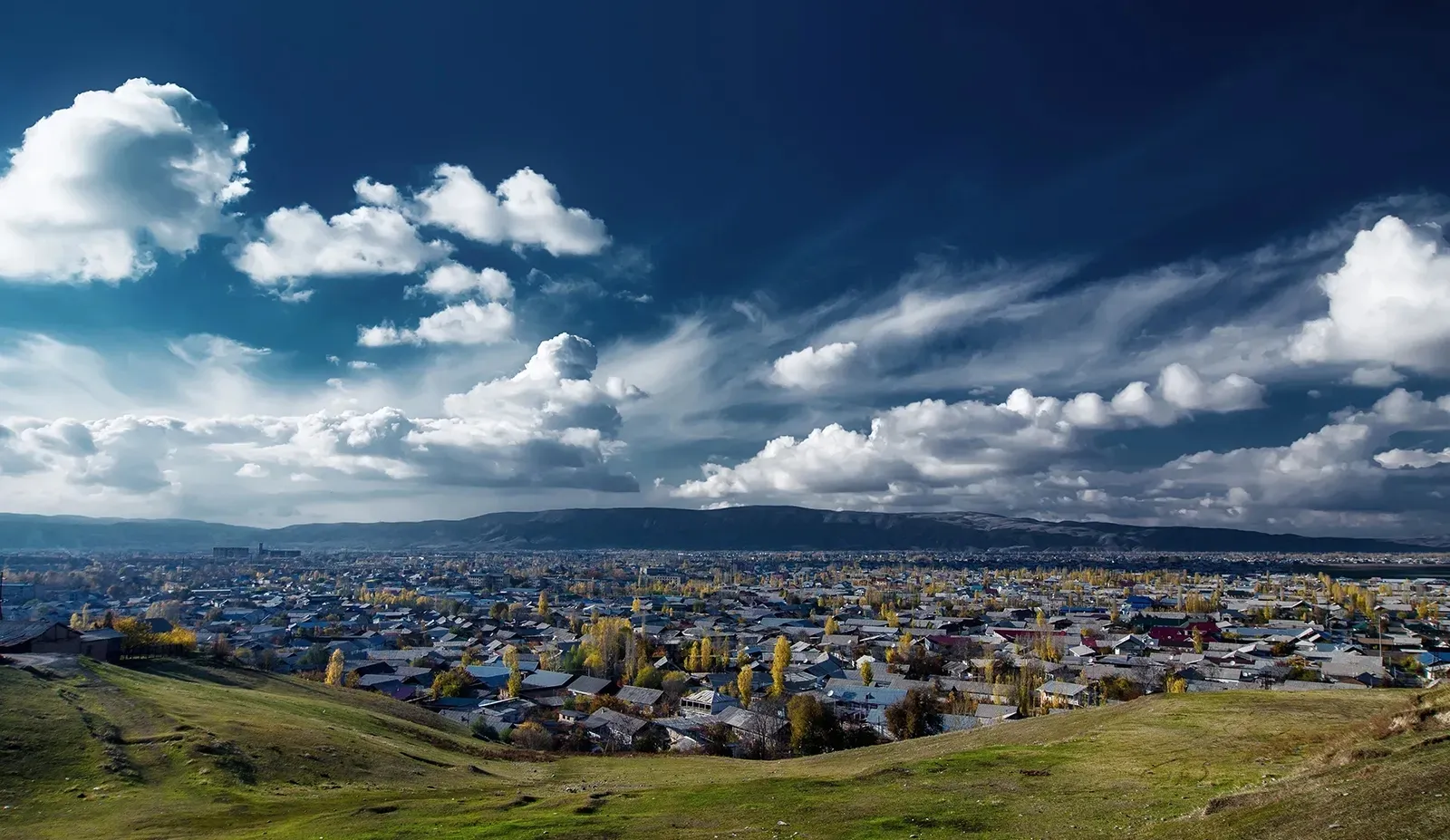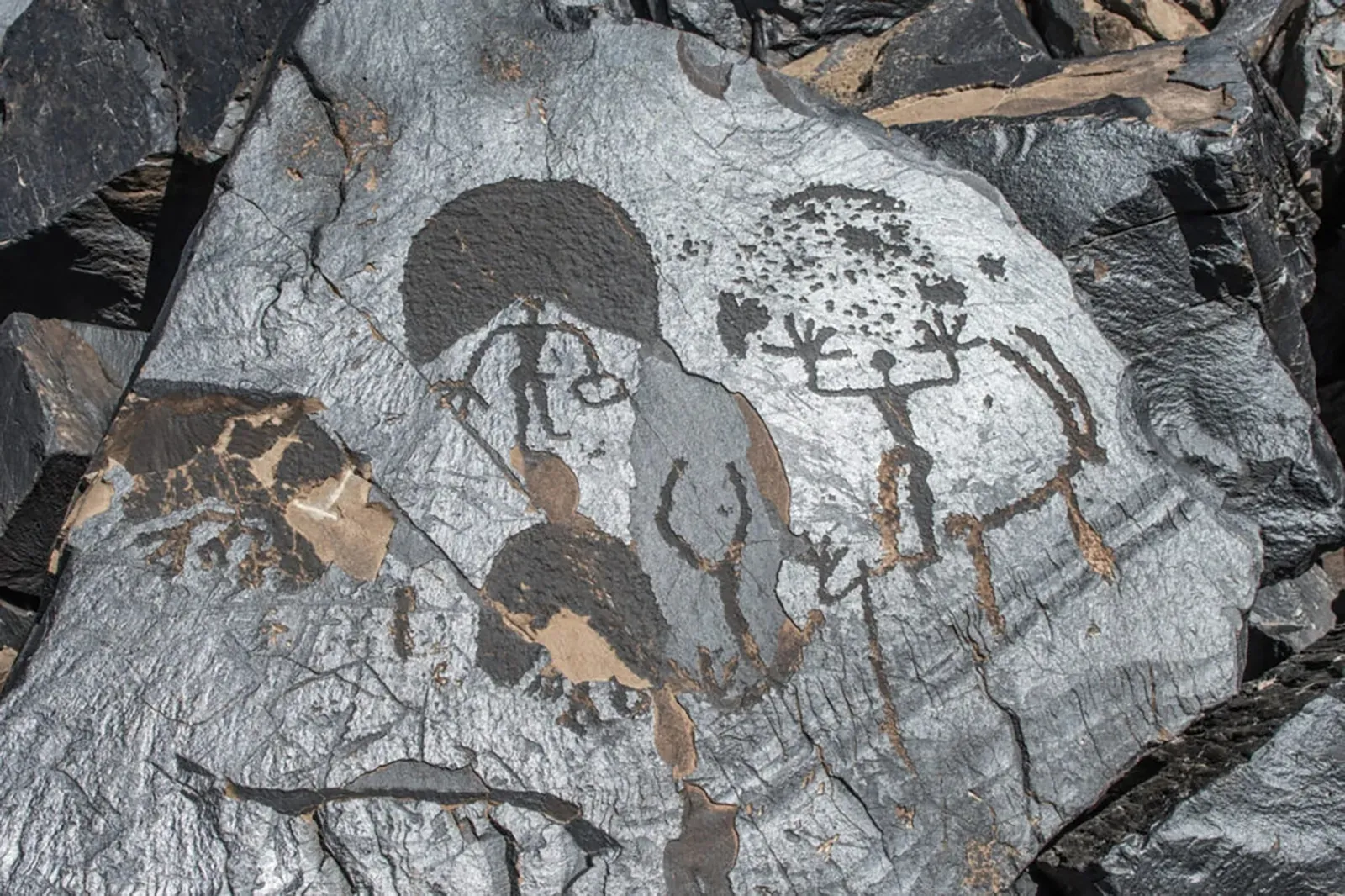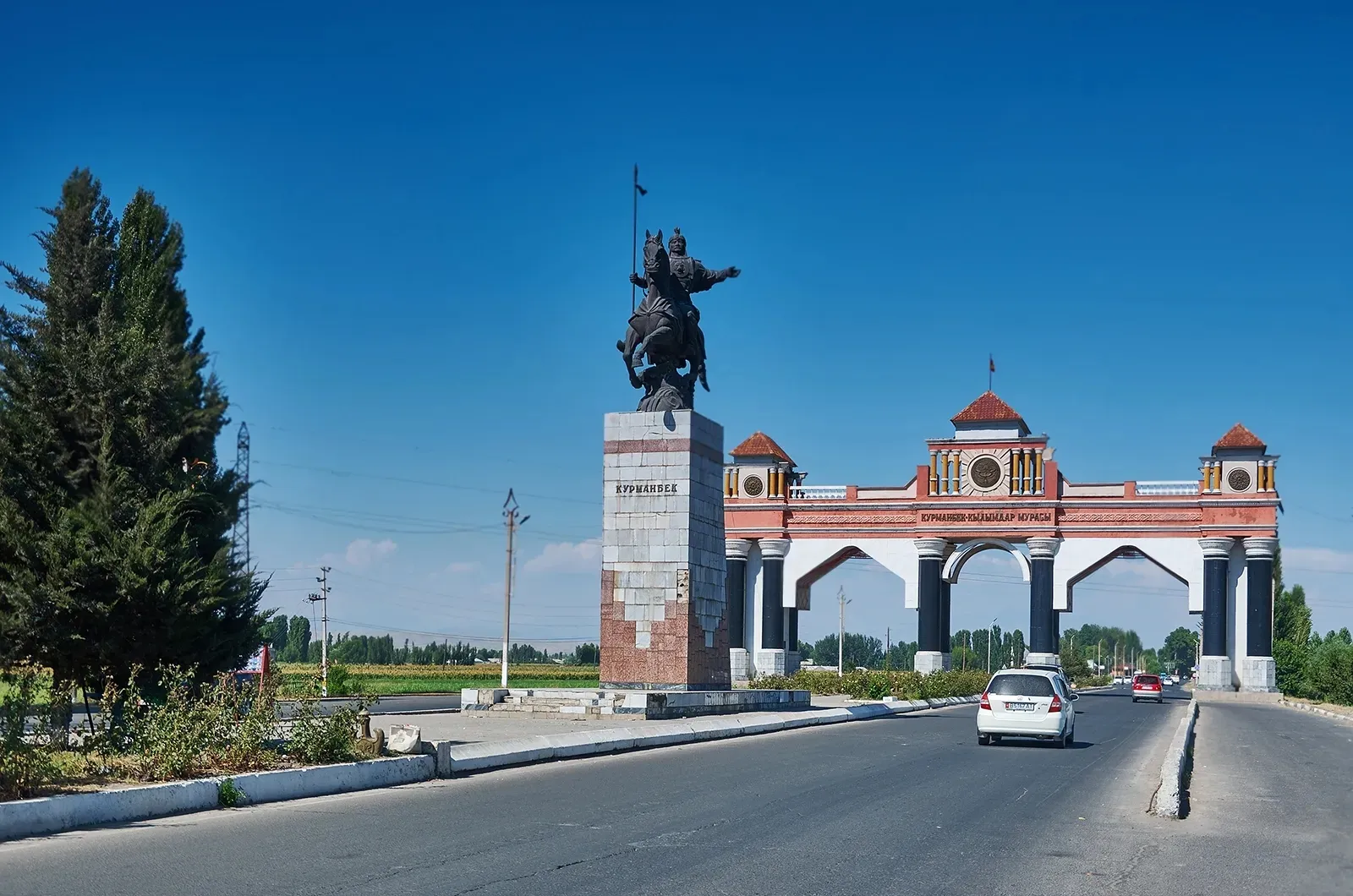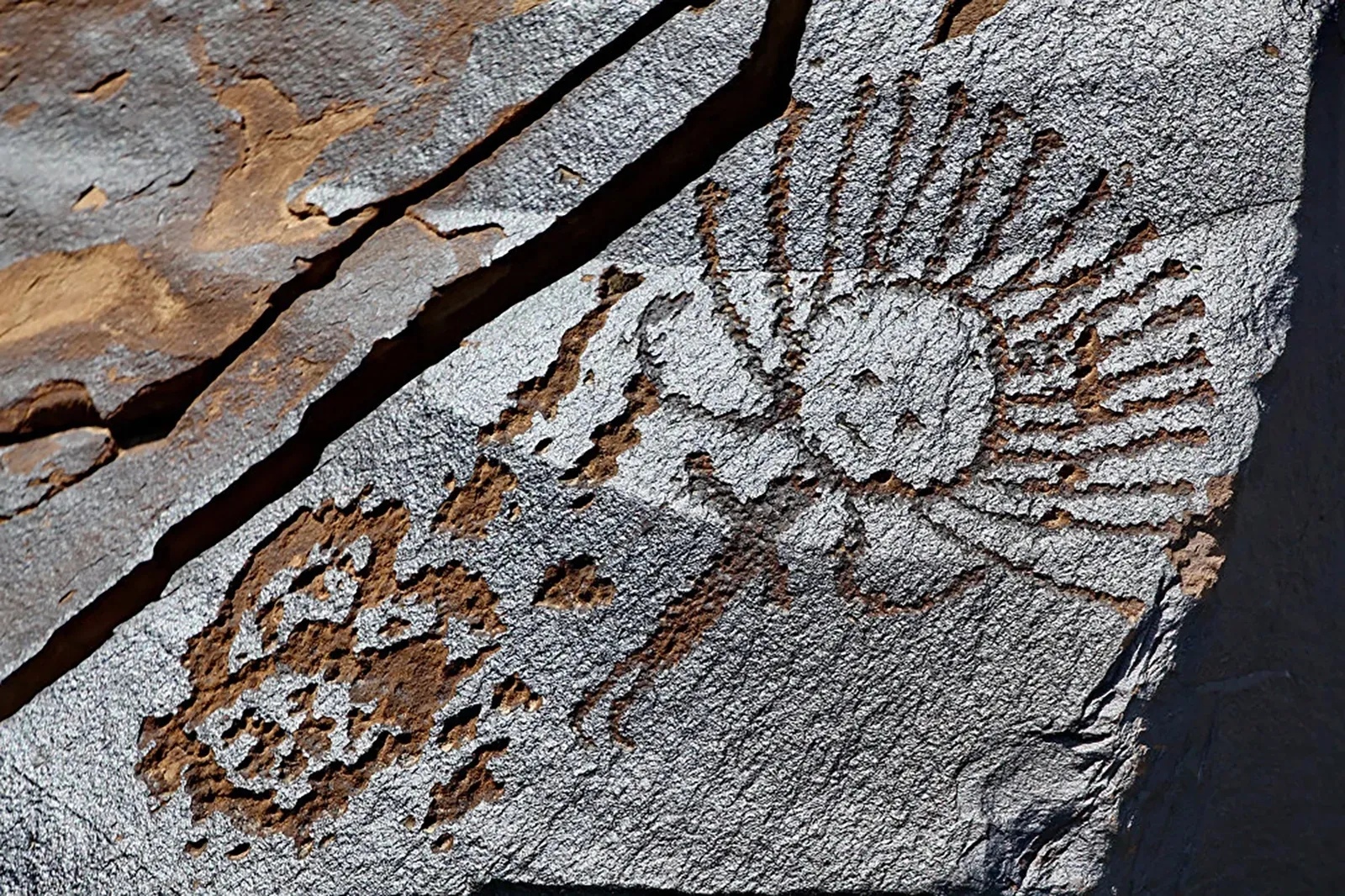Jalal-Abad
The city of Jalal-Abad is the administrative, economic and cultural center of the Jalal-Abad region. The city is located in the south of the Kugart Valley, at the foot of Babash Ata Mountain in the south of the country.
One of the main routes of the Great Silk Road passed through the city of Jalalabad, which has been welcoming travelers for centuries. This is evidenced by the results of archaeological excavations conducted in remote areas of Saimaluu-Tash and Chatkal valley.
Nestled at the foothills of the Fergana Valley and surrounded by mountain ranges, Jalal-Abad's geographical position made it an important stop for travelers, traders, and merchants along this ancient trade route.
The city of Jalal-Abad lies in close proximity to the famous Fergana Valley, one of Central Asia’s most fertile and prosperous regions. This valley was a crucial agricultural and trading center along the Silk Road, renowned for producing high-quality silk, fruits, and grains. The routes passing through Jalal-Abad connected the valley to other significant trading hubs like Osh, Bukhara, and Samarkand, as well as China and Persia, making it a vital link in the web of trade routes crisscrossing the region.
Jalal-Abad, like other key Silk Road cities, acted as a rest stop for caravans. Traders carrying silk, spices, textiles, and precious metals would stop here to rest, trade, and resupply before continuing their long journeys. As a result, the city became a melting pot of diverse cultures, languages, and religions, contributing to its rich historical and cultural tapestry.
As a Silk Road hub, Jalal-Abad was part of a broader cultural exchange network that spanned continents. The diverse influences of the Silk Road can still be seen in the region’s cultural practices, craftsmanship, and languages. Jalal-Abad's markets, much like the ancient bazaars of the Silk Road, continue to offer a wide variety of local goods, including textiles, traditional Kyrgyz crafts, and foods that reflect the city's deep historical roots.
Efforts to revive and promote the Silk Road as a cultural and tourism route have brought renewed attention to cities like Jalal-Abad. Travelers following the ancient routes of the Silk Road often explore Kyrgyzstan’s rich history and diverse landscapes, and Jalal-Abad, with its combination of historical importance and natural attractions, is a key destination along this modern-day exploration.
In this respect, Jalal-Abad will be the “Turkic World Tourism Capital” for the year 2025, which will enable the city to host various domestic and international events and attract more tourists.






